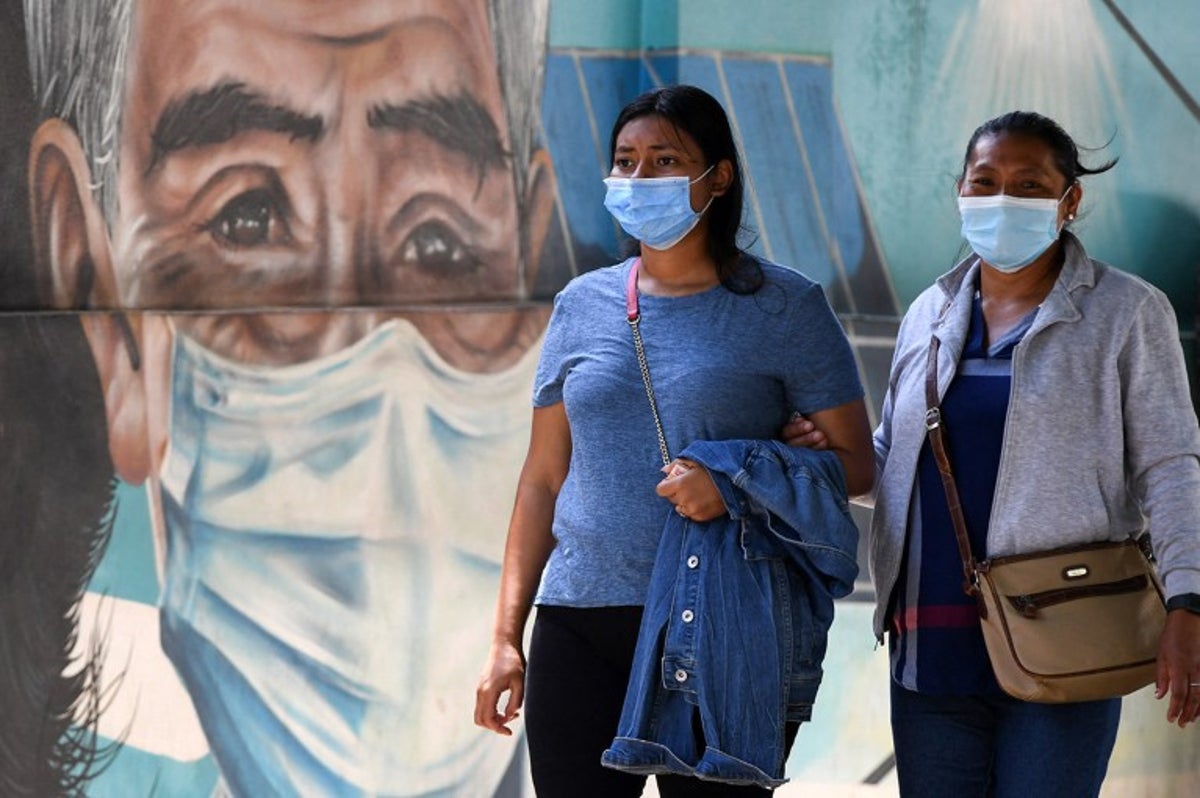
"Surveillance is happening but it's at a much lower level than it used to be. We don't have a complete picture of virus circulation of the variants that are out there, says Maria Van Kerkhove, interim director of the department of epidemic and pandemic management at the WHO in Geneva, Switzerland. I think there's a collective amnesia right now about COVID-19, she adds."
"Even if people do test positive after using a home antibody test, there is no way to report a positive result in the community, says Antonia Ho, a clinical epidemiologist at the University of Glasgow, UK. Without high-quality surveillance data, Ho warns that health organizations are not well-prepared to recommend corresponding vaccine formulations and time their roll-out. Surveillance is critical to really understand what's circulating, she says."
Global reported SARS-CoV-2 cases increased by more than 19,000 last month compared with the previous month, according to WHO COVID-19 dashboard data. The true number of infections is much higher because countries have reduced testing and reporting since the pandemic peak. Surveillance remains active but at lower levels, limiting understanding of circulating variants. Hospital-based surveillance and wastewater monitoring provide alternative indicators, while home test results often go unreported. Reduced genomic sequencing and incomplete community reporting hinder timely vaccine formulation recommendations and rollout planning, leaving public health responses less informed.
Read at www.nature.com
Unable to calculate read time
Collection
[
|
...
]